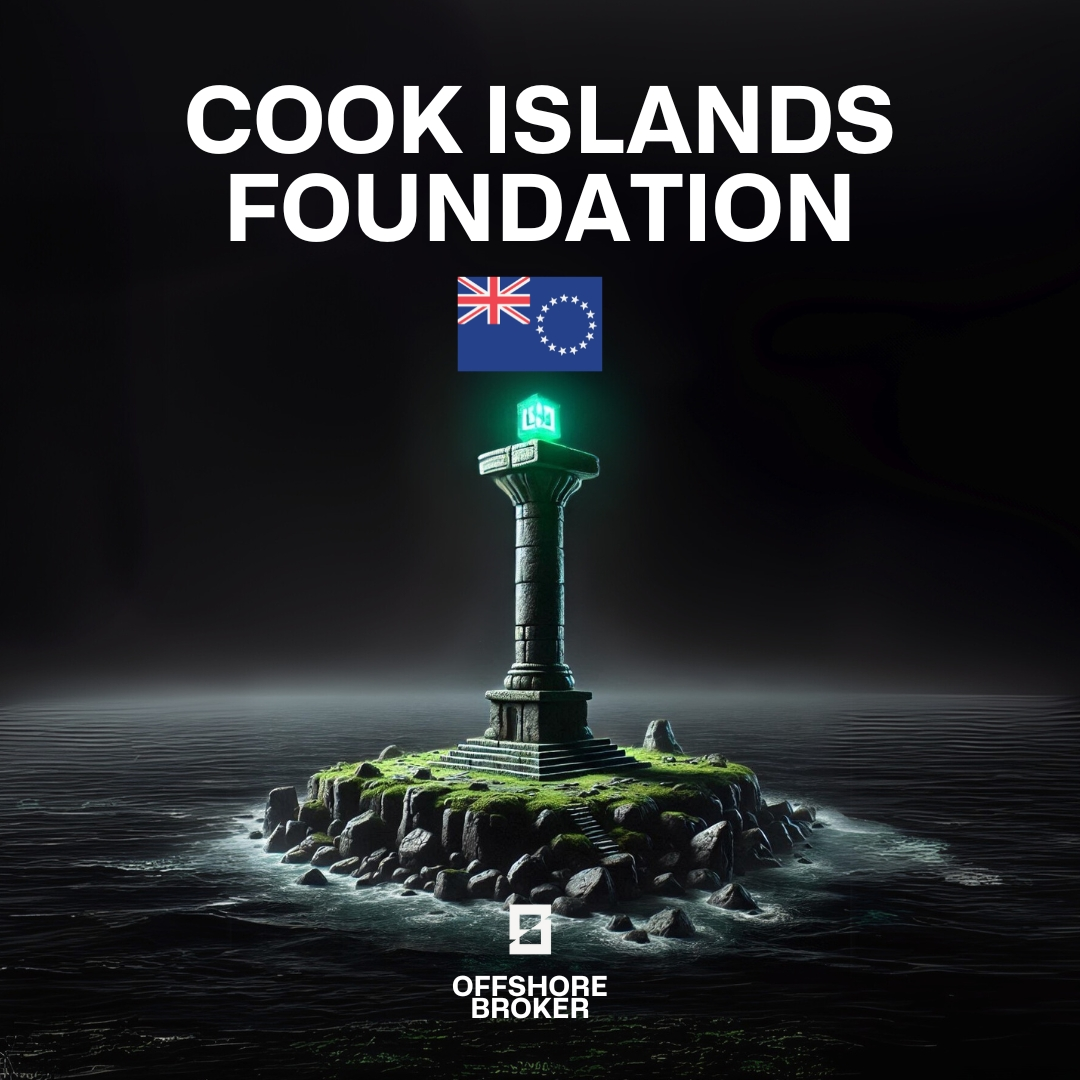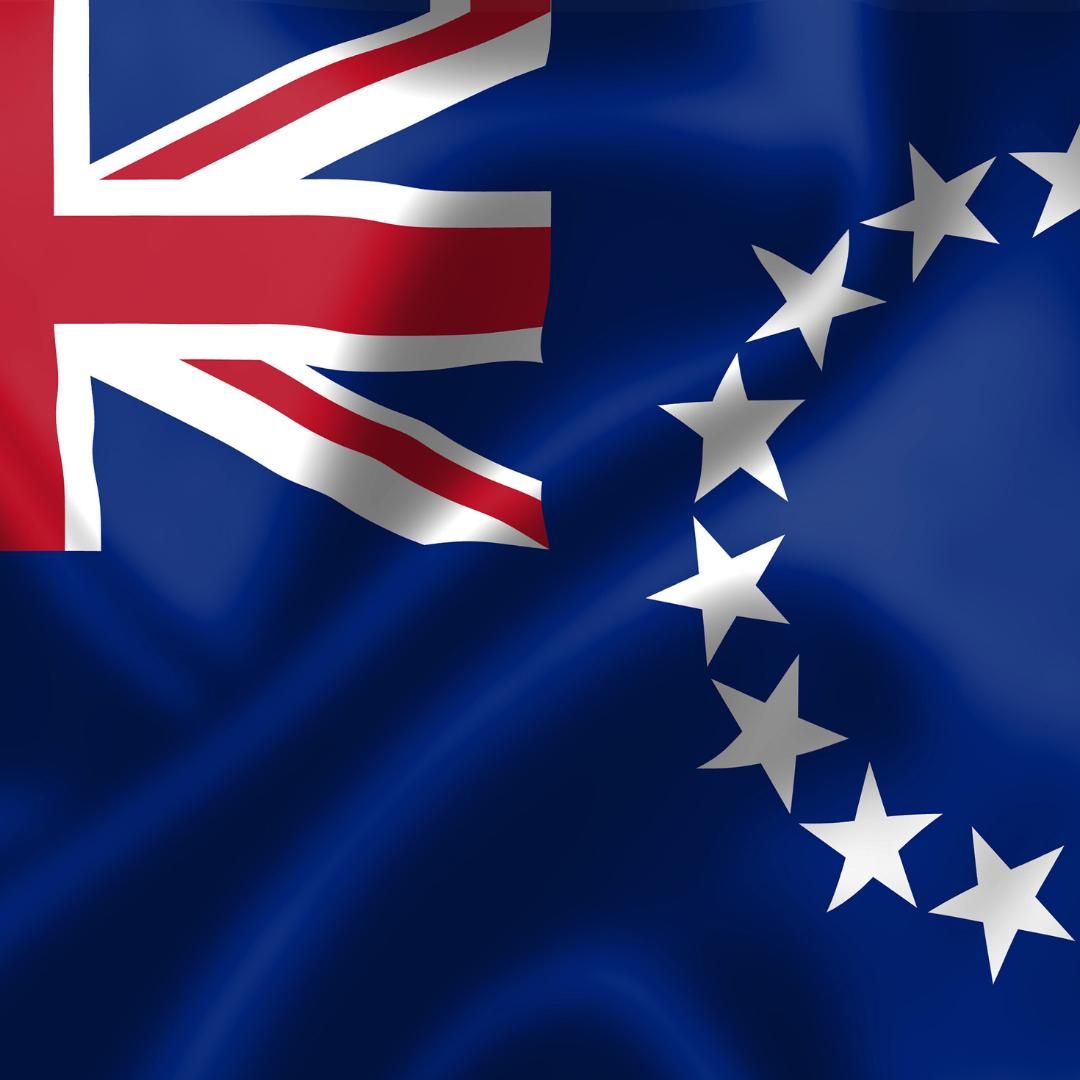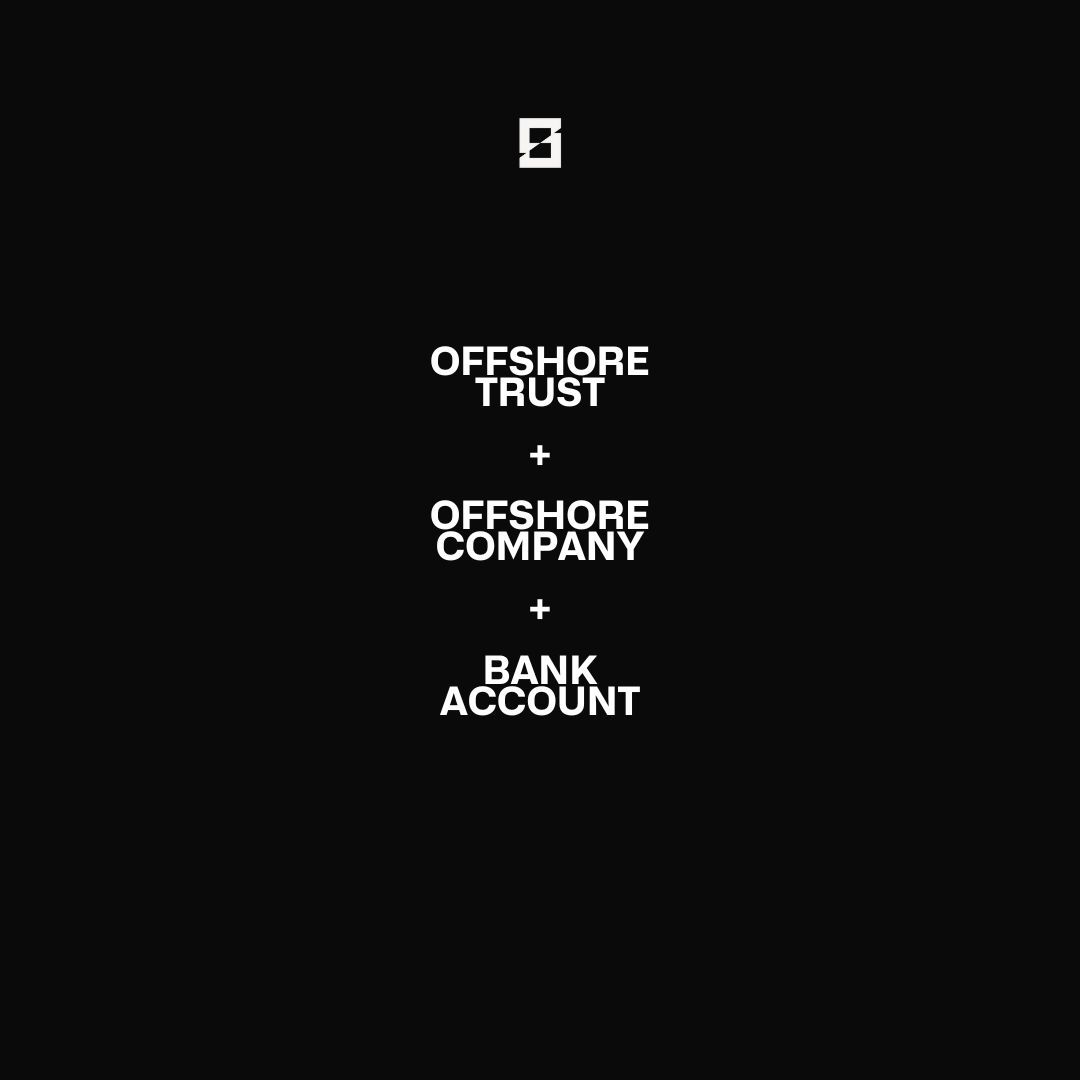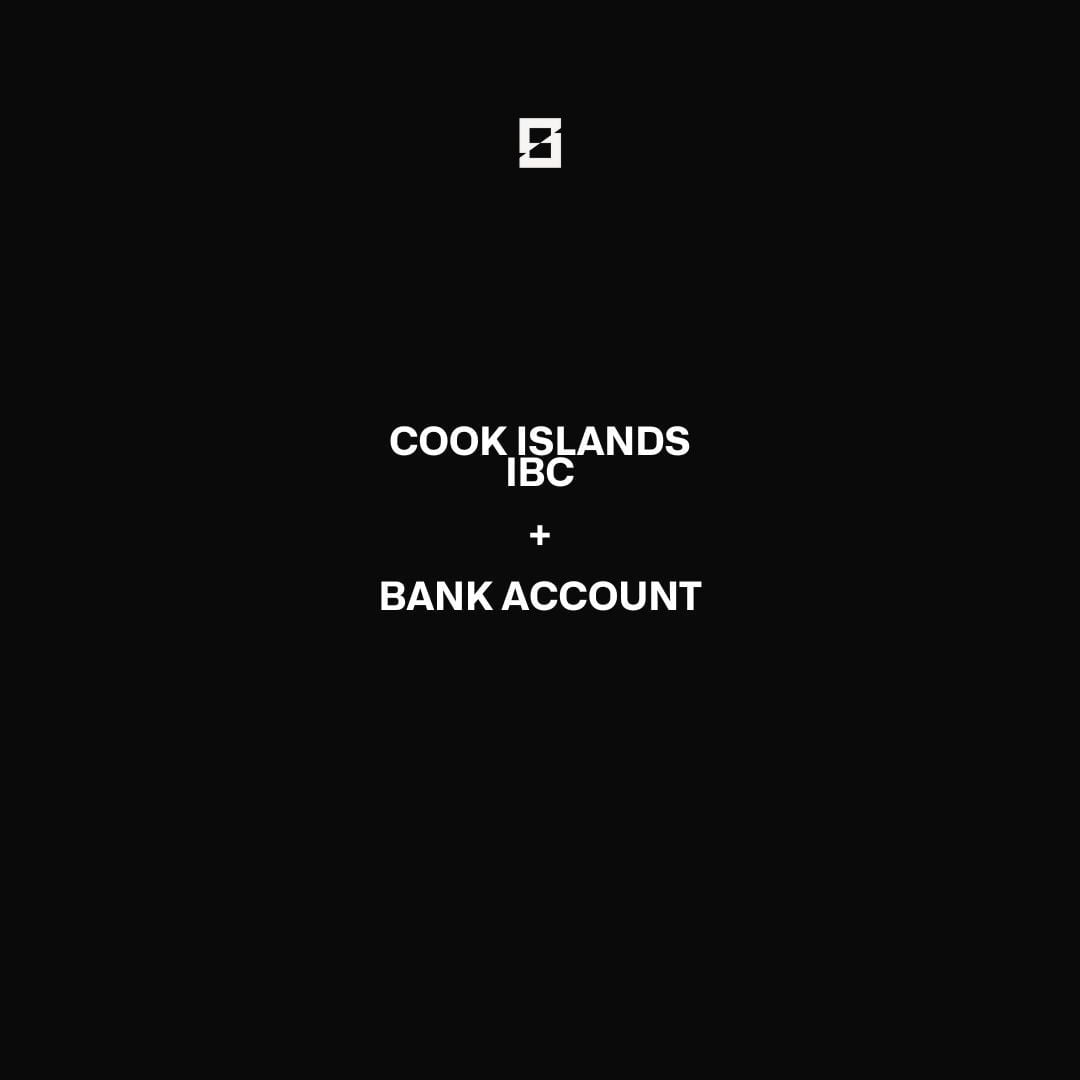Description
About
Key Features
- Separate Legal Personality
Unlike a trust, a CIF has a separate legal identity, enabling it to hold assets and enter contracts in its own name, akin to a company. - Flexible Purpose
A CIF can be established for charitable or non-charitable purposes, for specific beneficiaries, or for broader objectives. It doesn’t require named beneficiaries, offering unparalleled flexibility. - Governance Structure
- Foundation Council: Similar to a company’s board of directors, the council administers the foundation’s assets and executes its objectives.
- Enforcer (Optional): Ensures the council fulfills its duties and safeguards the foundation’s purpose.
- Founder: Initiates the foundation and can retain significant control through the council.
- Confidentiality
No public disclosure of the Founder, contributors, beneficiaries, or enforcer is required, ensuring maximum privacy. - Asset Protection Provisions
- Foreign judgments are not enforceable in the Cook Islands unless they consider CIF-specific laws.
- CIFs are shielded from forced heirship claims and fraudulent transfer challenges unless proven beyond a reasonable doubt and within strict time limits.
- Ease of Administration
CIFs are required to maintain financial records but have straightforward compliance requirements, making them easy to manage.
Practical Uses of Cook Islands Foundations
- Succession Planning
A CIF is ideal for preserving family wealth and ensuring seamless generational transitions. Unlike traditional trusts, it allows the Founder to maintain control while avoiding fragmentation of family businesses or assets. - Holding Unique Assets
CIFs can hold assets that may not fit within a trustee’s prudent investment duties, such as high-value art, yachts, or volatile investments. - Special Purpose Vehicles (SPVs)
In commercial settings, CIFs serve as SPVs for off-balance-sheet transactions or for isolating ownership in complex corporate structures. - Private Trust Company (PTC) Management
A CIF can hold shares in a PTC, giving families direct involvement in trust-related decisions without compromising asset protection. - Philanthropic Endeavors
CIFs offer a robust framework for establishing and managing charitable initiatives, ensuring long-term impact and sustainable funding.
About The Cook Islands
The Cook Islands, located in the South Pacific, is renowned for its secure and stable offshore financial environment. With a strong commitment to financial privacy and asset protection, the Cook Islands has become a preferred jurisdiction for those seeking to safeguard their wealth.
Advantages Over Traditional Trusts
- Greater control for the Founder and family members.
- No fiduciary obligations to beneficiaries, reducing potential conflicts.
- Enhanced flexibility and asset protection, particularly in contentious or high-risk situations.

About
The Structure
- Founder
- The Founder initiates the establishment of the Foundation
- The Founder may contribute assets to the CIF but is not necessarily the sole contributor.
- Founders often retain certain powers through reserved rights, such as the ability to amend the Foundation Rules or replace council members
- Foundation Instrument
- This is the foundational legal document of the CIF, outlining its name, registered agent, and objectives.
- The objectives must be lawful, moral, and not against public policy.
- The instrument is filed with the Registrar but does not disclose sensitive details like the Founder’s identity or asset contributors.
- Foundation Rules
- These rules govern the operation and management of the CIF.
- They detail the roles and powers of the Foundation Council, procedures for asset management, and the appointment or removal of key figures (e.g., the registered agent or enforcer).
- The Foundation Rules remain private and are not filed with any public registry.
- Foundation Council
- The council is the governing body of the CIF, similar to a board of directors in a company.
- It must have at least one member, which can be an individual or a corporate entity.
- The council is responsible for managing the CIF’s assets and ensuring its objectives are met.
- Enforcer (Optional)
- The Enforcer’s role is to ensure that the Foundation Council fulfills its duties.
- This position is optional but can add an extra layer of oversight, particularly in cases where the CIF is established for specific purposes or beneficiaries.
- Registered Agent and Registered Office
- Every CIF must appoint a Cook Islands-licensed trustee company (LTC) as its registered agent. This is all included in your fee with Offshore Broker.
- The registered agent provides the CIF’s registered office, handles filings, and ensures compliance with local regulations.
- Beneficiaries (Optional)
- A CIF may benefit named individuals, a class of persons, or serve specific purposes.
- Beneficiaries have no automatic rights to enforce the CIF or access its information unless specifically provided in the Foundation Rules.
- Endowment
- Assets are contributed to the CIF through an endowment.
- These assets become the property of the CIF, separate from the Founder or contributors.
- Contributions can include cash, securities, real estate, or other valuable assets.
- Duration
- The CIF can be established as perpetual or set to terminate upon a specific date or event, depending on the Founder’s objectives.
- Financial Records
- CIFs must maintain reliable financial records to determine their financial position accurately.
- These records are kept at the registered office for at least six years, ensuring compliance without excessive administrative burdens.
FAQ: COOK ISLANDS TRUST
Where are the Cook Islands?
The Cook Islands are a group of islands positioned in the heart of the South Pacific Ocean. Nestled between New Zealand and Hawaii, this tropical archipelago spans a vast area, northeast of New Zealand. Comprising 15 islands, each with its unique charm and natural beauty, the Cook Islands have become a sought-after destination for those seeking a tranquil escape in a tropical paradise. Situated approximately 3,000 kilometers (1,864 miles) southwest of Hawaii and 2,200 kilometers (1,367 miles) northeast of New Zealand, the Cook Islands boast pristine white-sand beaches, crystal-clear turquoise waters, and lush, vibrant landscapes. The main population centers include Rarotonga, the capital, and Avarua, serving as the nation’s political and cultural hub. In addition to its geographical allure, the Cook Islands have cultivated a notable financial services industry, establishing the very first asset protection legislation in the early 80s. While the islands are renowned for their natural beauty and cultural richness, the financial sector plays a pivotal role in the economic landscape. The Cook Islands have positioned themselves as a reputable offshore financial center, offering a range of services, including banking, asset protection trusts, and international business entities, making it an attractive destination for those seeking financial privacy, security, and strategic wealth management. Beyond its financial services, the Cook Islands maintain a harmonious balance, allowing residents and visitors to experience the best of both worlds — a tropical haven and a hub for sophisticated financial solutions.
Why choose the Cook Islands?
The Cook Islands Trust stands as one of the most secure and effective solutions for safeguarding wealth and valuable assets. With its formidable asset protection laws, international reach, and protective statutory framework, it offers peace of mind and robust protection for individuals in high-risk professions or anyone seeking to shield their assets from potential legal threats.
Why use Offshore Broker for my Cook Islands Trust?
Offshore Broker offers a cost-effective alternative to establishing your Cook Islands Trust compared to traditional methods that can cost between $15,000 to $30,000 USD. Our online platform provides a streamlined process that saves you money while ensuring the highest standards of service. We collaborate with reputable registered agents and service providers who meet our stringent criteria, guaranteeing professionalism and reliability throughout the trust formation process.
Why should I choose the Cook Islands over a domestic U.S. Trust?
Domestic trusts are typically established based on the laws of the settlor’s home country. Although they offer a familiar approach for asset management and distribution, they are significantly more exposed to domestic legal challenges, creditor claims, and specific tax considerations. Additionally, domestic asset protection trusts may still face vulnerability to judgments within their home jurisdiction. In contrast, opting for a Cook Islands Trust provides a more resilient shield against these challenges, offering enhanced privacy, global recognition, and stringent legal safeguards.
Are there specific requirements for establishing a Cook Islands Trust?
While specific requirements may vary, generally, establishing a Cook Islands Trust involves selecting a qualified trustee, settling assets into the trust, and ensuring compliance is met. All of which can be done through Offshore Broker.












